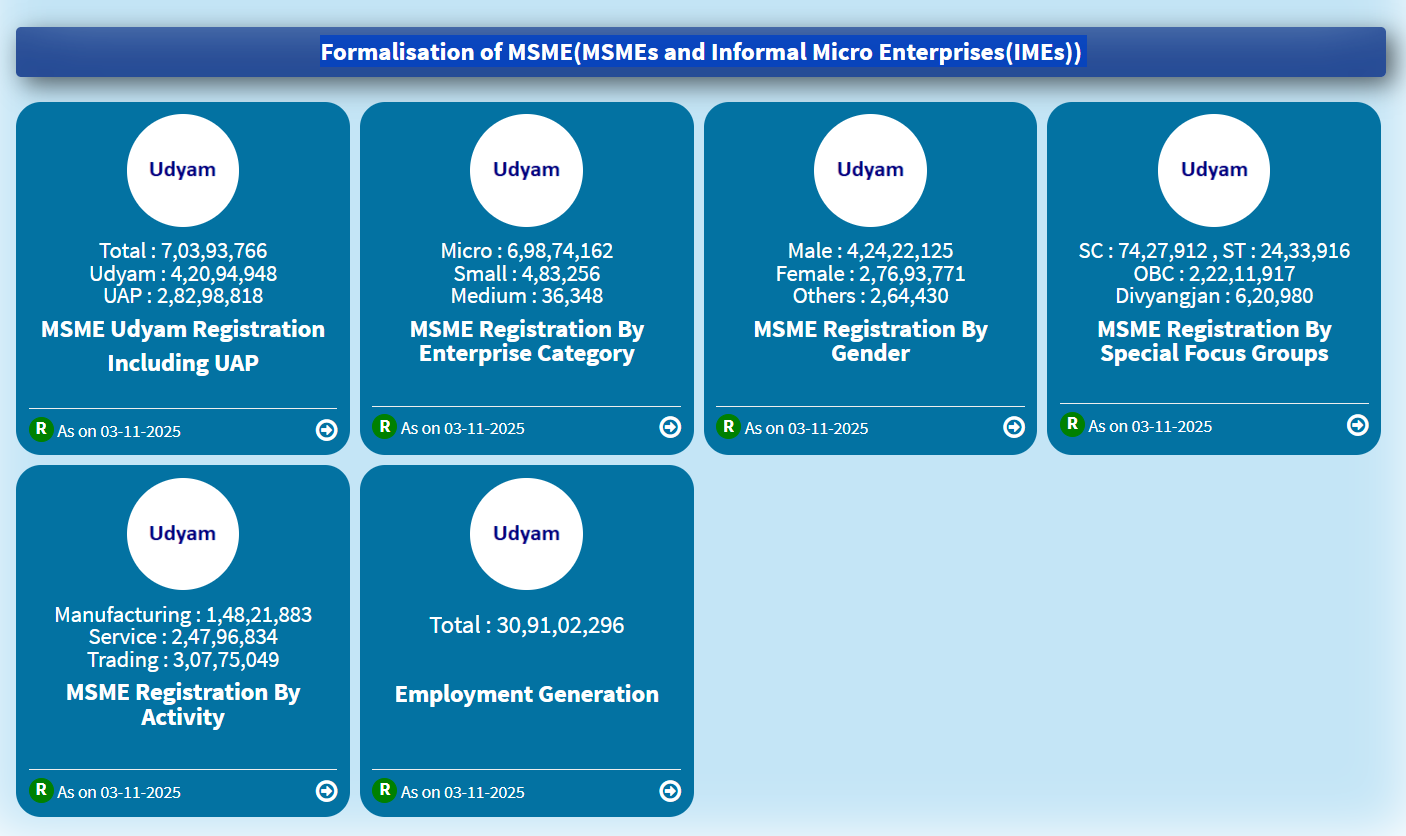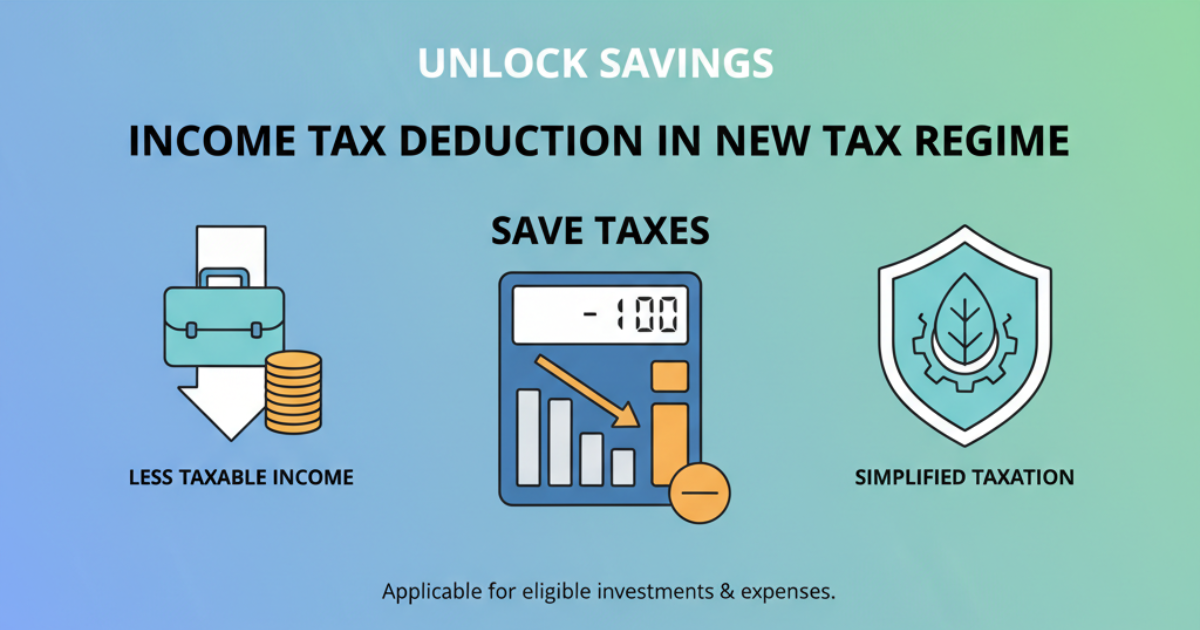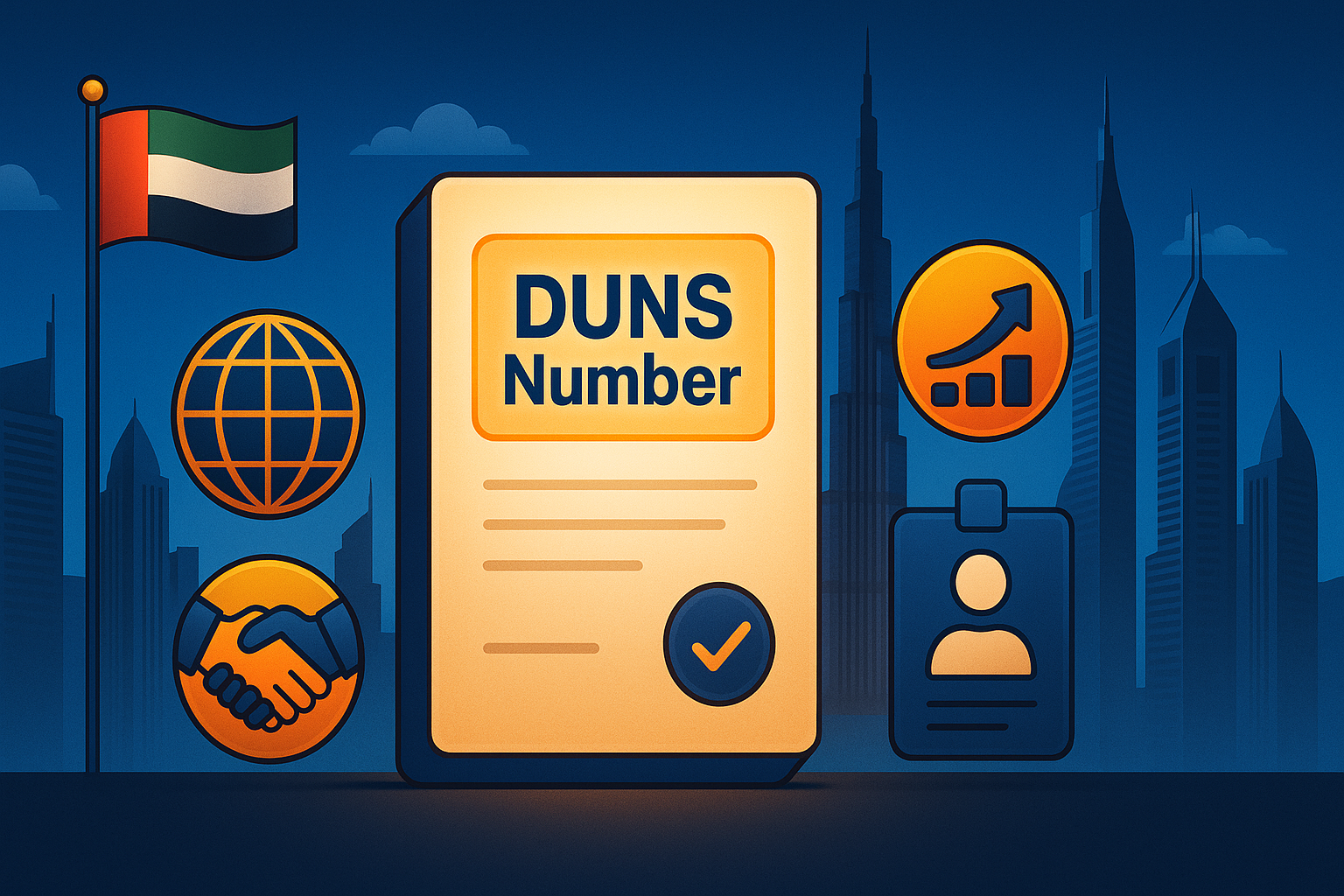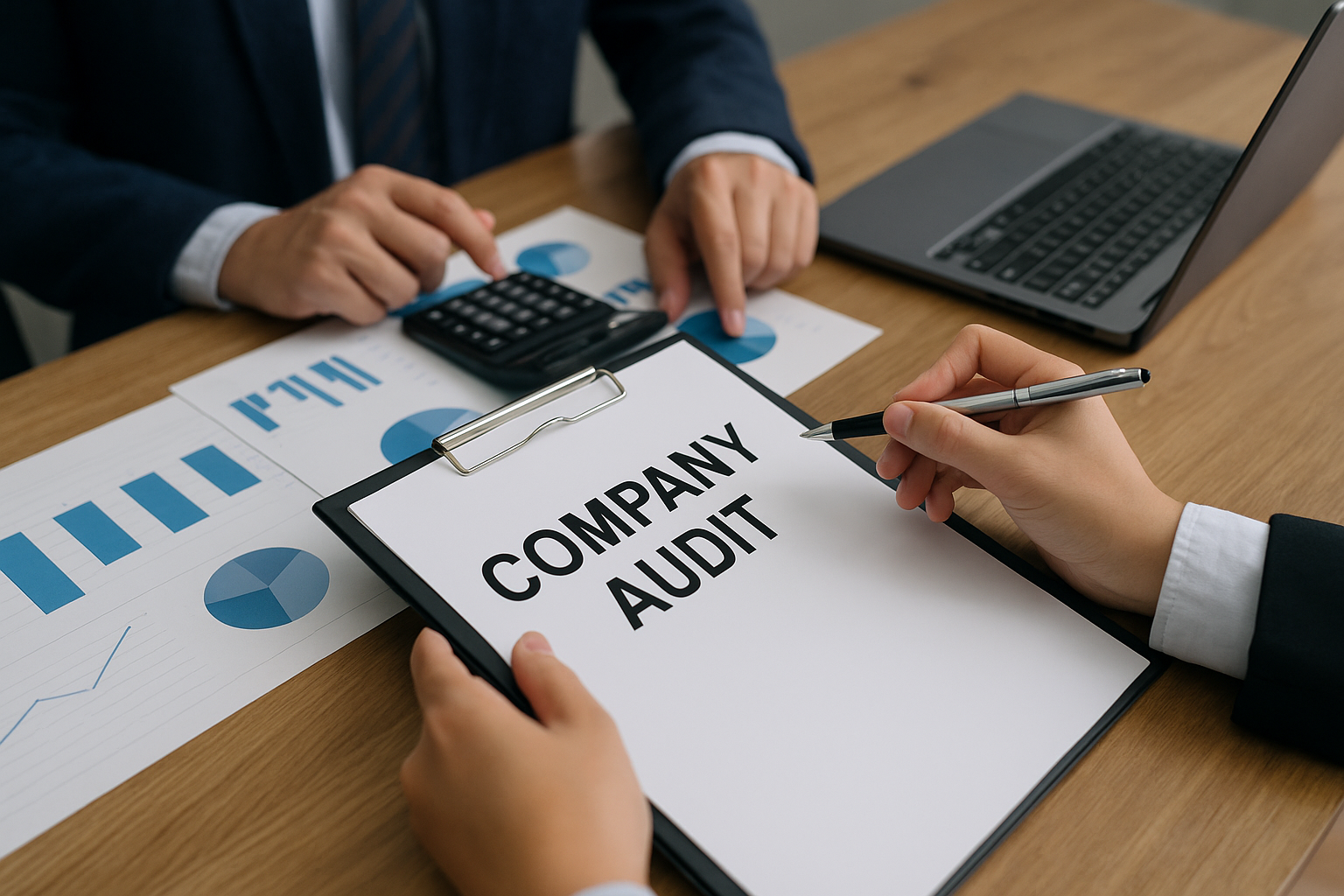Table of Contents
ToggleGST on Hair & Beauty Parlour Services in India: A Complete Guide
Starting a hair and beauty parlour business in India is an excellent opportunity, given the increasing demand for personal grooming and wellness services. However, before setting up a salon, it is essential to understand the GST on beauty services and related products.
This guide provides a detailed overview of GST on hair & beauty parlour services, salon products, registration requirements, tax rates, and compliance to help entrepreneurs navigate the tax landscape effectively.
GST Applicability on Hair & Beauty Parlour Services
The beauty and personal care industry falls under the service sector, and most services provided by hair salons, beauty parlours, and spas attract GST. The key aspects of GST applicability on beauty services are:
1. GST Rate on Beauty Parlour Services
- All beauty and personal grooming services (haircuts, facials, makeup, skincare treatments, etc.) are subject to 18% GST.
- Services provided by luxury salons and high-end spas are also taxed at 18% GST.
2. GST on Haircut and Basic Grooming Services
- Regardless of the nature of the service (basic or premium), all hair-cutting, styling, and grooming services attract 18% GST.
3. GST on Massage & Spa Services
- Spa and wellness services, including body massages, Ayurvedic therapies, and wellness treatments, are subject to 18% GST.
- However, if services are provided under recognized medical systems (like Ayurveda or Naturopathy registered under medical laws), they may be exempt from GST.
4. GST on Bridal Makeup & Special Event Services
- Bridal makeup, party makeup, and other premium beauty services attract 18% GST.
- If the services are bundled into a package (e.g., pre-bridal packages), the entire package amount will be subject to 18% GST.
GST on Sale of Beauty Products in Salons
Apart from services, many beauty parlours and salons also sell beauty products such as shampoos, conditioners, skincare products, and cosmetics. The GST rates for these products vary:
1. GST on Cosmetics and Skincare Products
- Lipsticks, foundations, nail polish, makeup kits – 18% GST
- Shampoos, conditioners, hair oils, and perfumes – 18% GST
- Skin creams, moisturizers, and sunscreens – 18% GST
- Herbal and Ayurvedic beauty products – 12% GST (if classified under medicinal products)
2. GST on Salon Equipment and Furniture
- Hair styling tools (dryers, straighteners, curling irons, etc.) – 18% GST
- Salon chairs, mirrors, and furniture – 18% GST
- LED lights, beauty machines, and massage beds – 18% GST
3. GST on Training & Beauty Courses
- If a beauty parlour also offers training courses for hairstyling, makeup, or skincare, such courses are subject to 18% GST, unless the institution is recognized under government-approved educational boards.
GST Registration for Beauty Parlours & Salons
Who Needs to Register for GST?
A beauty parlour or salon must register for GST if:
- Annual turnover exceeds ₹20 lakh (₹10 lakh for special category states).
- They sell taxable goods (beauty products) along with providing services.
- They operate multiple branches in different states.
- They deal with B2B clients who require GST invoices for tax benefits.
Documents Required for GST Registration:
- Business PAN Card
- Aadhaar Card of Proprietor
- Business Address Proof
- Bank Account Details
- Rental Agreement (if applicable)
How to File GST Returns for a Salon?
Registered beauty parlours and salons must file monthly or quarterly GST returns (GSTR-1, GSTR-3B, and GSTR-9) based on their turnover.
Input Tax Credit (ITC) for Beauty Parlours
What is ITC?
Input Tax Credit (ITC) allows beauty parlours and salons to claim credit for GST paid on purchases (such as salon equipment, beauty products, and furniture), reducing their overall tax liability.
Eligible ITC Claims for Salons
Beauty parlours can claim ITC on:
✔ Hair styling tools, salon equipment, and furniture
✔ Beauty products used for business purposes
✔ Rent, electricity, and maintenance costs for the salon
✔ GST paid on advertising and marketing expenses
Blocked ITC (Where ITC Cannot Be Claimed)
Under Section 17(5) of the CGST Act, ITC cannot be claimed on:
- Beauty and wellness services for personal use
- Capital goods used exclusively for non-business purposes
- Motor vehicles (unless used for commercial transport)
Benefits of GST Compliance for Beauty Parlours
✔ Transparency – GST invoicing builds customer trust and enhances business credibility.
✔ Seamless Business Operations – GST registration allows businesses to deal with corporate clients and expand nationwide.
✔ Cost Savings via ITC – Claiming input tax credit helps reduce the overall tax burden.
✔ Avoids Legal Hassles – Proper GST compliance ensures the business avoids penalties and legal troubles.
Conclusion
For anyone planning to start a hair and beauty parlour business, understanding GST on services, products, and compliance requirements is essential. A well-structured GST strategy ensures smooth business operations, cost efficiency, and tax benefits.
Need Help with GST Registration and Compliance?
Contact CharteredHelp today! 📞 Call: 9870525656
Ensure a hassle-free start to your beauty parlour business with expert GST guidance. Get in touch now!









